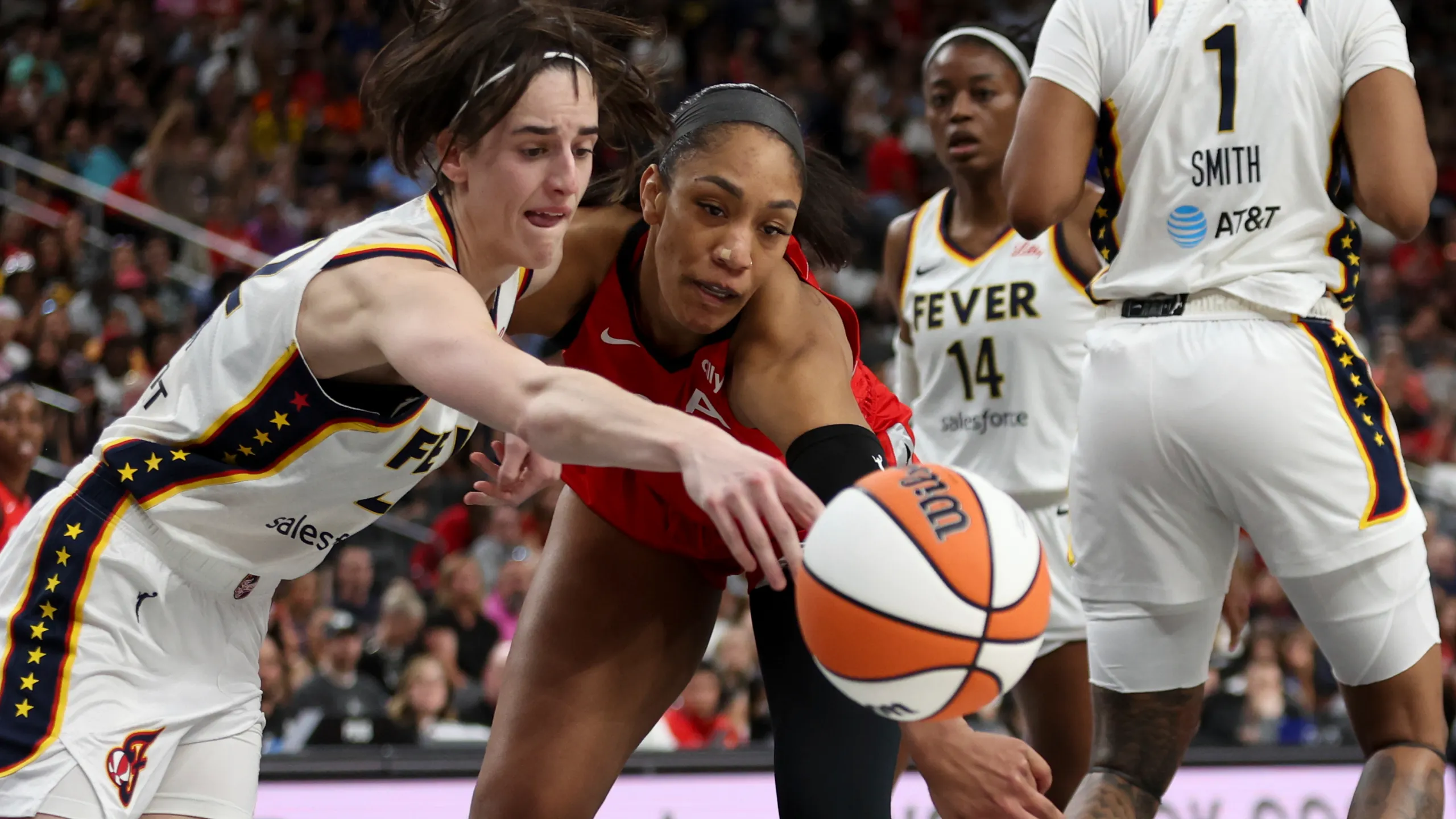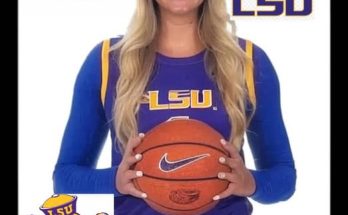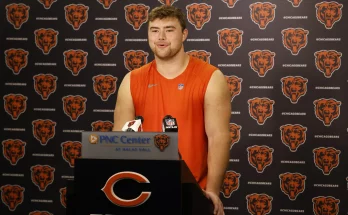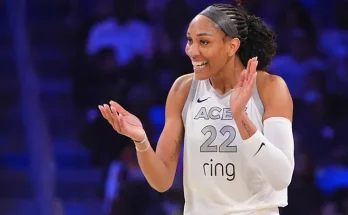Indiana Fever head coach Christie Sides had seen enough. After another night of controversial calls and inconsistent whistles, she decided to speak her mind—and she didn’t hold back. In a pointed postgame remark that quickly made waves across the league, Sides delivered a stinging critique of WNBA officiating: “Everyone’s improving—except the referees.”
It wasn’t just a flippant comment made in the heat of the moment. It was the boiling point of weeks of frustration—building steadily as her team, led by rookie superstar Caitlin Clark, battled not only opponents but questionable officiating in game after game. Sides, a seasoned basketball mind who’s built her career on discipline, accountability, and growth, found herself increasingly puzzled by the lack of those same values among the league’s officials. And she wasn’t alone.
Sides’ criticism struck a chord across the WNBA, where tensions around officiating have quietly simmered for years. This season, however, those whispers have grown louder, amplified by a surge in popularity, rising viewership, and the high expectations that come with the league’s most-watched rookie class in decades. The Fever, in particular, have been at the heart of that spotlight—thanks in large part to Clark’s arrival, which has brought an influx of attention, revenue, and scrutiny.
While players and coaches are held to high standards of professionalism and performance, Sides argued that officials are not subjected to the same pressure to improve. “It’s our job to get better. That’s what we ask our players to do every day,” she said after the game. “But who’s holding the referees accountable? Because what we’re seeing out there isn’t growth—it’s the same mistakes over and over again.”
It’s a sentiment that’s echoed by fans and analysts alike, especially in light of several incidents involving Clark—who has often found herself on the receiving end of hard fouls that go uncalled or chippy play that escalates without warning. Clark has taken the high road more often than not, rarely criticizing the officiating herself. But her expressions on the court and postgame demeanor often tell the story. And while her popularity draws attention to the issue, it’s not just about her—it’s about the overall standard of officiating and whether it’s keeping pace with the evolution of the league.
Sides’ comment—“Everyone’s improving except the referees”—became a rallying cry overnight. It was retweeted by players, reposted by fans, and debated on sports shows across the country. Some praised her for speaking truth to power. Others questioned the wisdom of such direct criticism, fearing fines or league backlash. But the core of her message resonated: as the WNBA grows in every measurable way—attendance, viewership, talent, visibility—officiating must evolve as well.
The WNBA, like any major sports league, has mechanisms in place for evaluating officials, including internal grading systems and postseason assignments based on performance. But those evaluations are rarely made public, and the lack of transparency has fueled perceptions of inconsistency and favoritism. When a coach like Sides speaks up publicly, it pulls back the curtain on a process that many feel has remained too opaque for too long.
It’s not the first time WNBA officials have come under fire this season. There have been multiple games with questionable late-game calls, missed violations, and no-calls on dangerous contact. And with the league enjoying a historic ratings boom, those mistakes aren’t just frustrating—they’re increasingly visible.
Sides is not someone who speaks out lightly. Her career is built on grit and preparation. She’s known as a player’s coach, one who demands toughness but offers unwavering support. When she criticizes the officiating, it’s not out of anger—it’s out of a desire for fairness, for integrity, and for a league that holds itself to the highest possible standard.
In the days following her comments, Sides declined to walk them back. If anything, she doubled down, emphasizing that her critique wasn’t personal—it was professional. “Look, I respect how hard their job is,” she said. “It’s not easy out there. But this league deserves better. These players deserve better. The fans deserve better. We’re putting in the work. So should they.”
That sense of accountability is what makes her remarks so powerful. This wasn’t just a coach venting after a loss—it was a coach calling for growth, for transparency, and for standards that match the rising excellence of the athletes on the floor. As more and more eyes turn to the WNBA, the margin for error shrinks—and the demand for consistent, high-level officiating only grows.
Sides’ words have also prompted broader discussion about the structure of WNBA officiating. Currently, the league employs officials who often also work NCAA or NBA G League games, leading to questions about consistency, specialization, and full-time commitment. Many believe that as the WNBA continues to grow, it should invest in full-time referees who are solely focused on the women’s game—developing deep familiarity with its pace, style, and nuances.
That idea is gaining traction, especially among players who have spoken anonymously about officiating concerns. Some have called for a formal review process with public accountability measures. Others want more communication and dialogue between officials and teams. What everyone agrees on, though, is that the current system isn’t keeping up with the talent and visibility of the modern WNBA.
Sides’ willingness to speak out may prove to be a turning point. Historically, coaches and players who criticize officiating publicly are met with fines or quiet warnings. But in this case, the outpouring of support from fans and even some former officials suggests that the conversation is long overdue. With the league positioned for unprecedented growth, the time to elevate every aspect of its product—including officiating—is now.
What’s also clear is that Sides’ message wasn’t just about a single game or a single player. It was about respect—for the game, for the athletes, and for the fans who are investing their time and energy into the WNBA like never before. Officiating, she argued, must earn that respect too.
In the days since her remarks, conversations about officiating standards have only intensified. Media outlets have highlighted missed calls and breakdowns, and fans have circulated clips online to demonstrate perceived biases or inconsistencies. The momentum behind Sides’ comments has been sustained not just because of her stature, but because so many others—coaches, players, viewers—have quietly been thinking the same thing.
Whether the WNBA will issue a fine or choose to address the officiating concerns more publicly remains to be seen. But one thing is certain: Christie Sides has lit a fire under a conversation that the league can no longer afford to ignore.
As for the Indiana Fever, they continue to battle every night—on the court and sometimes against the very systems meant to ensure fairness. But with a coach like Sides at the helm, they also have a leader unafraid to challenge those systems when they fall short.
In a league built on breaking barriers and redefining standards, maybe it’s time officiating took a hard look in the mirror too. After all, as Sides so succinctly put it: everyone’s improving—except the referees.



